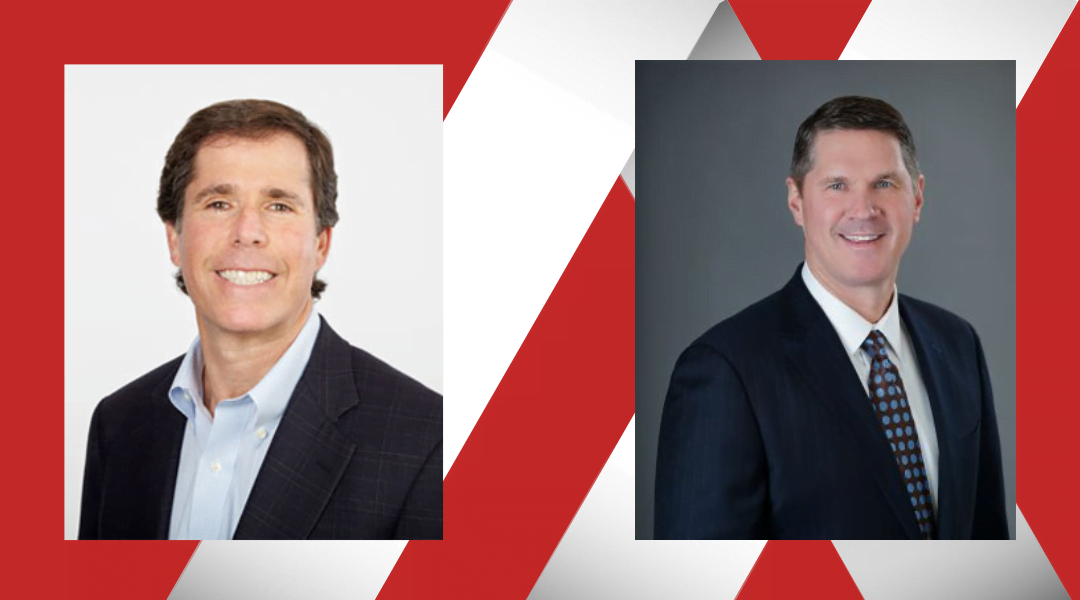The Airport Restaurant and Retail Association (ARRA) this week held a forum for its members that featured a conversation between two airport concessions key players: retailer Paradies Lagardère, represented by President and CEO Gregg Paradies; and restaurateur SSP America, represented by CEO Michael Svagdis. Moderated by ARRA Executive Director Andy Weddig, the two discussed the impact of the pandemic on their companies and the industry, recovery, and the operating challenges of labor shortages, supply chains and inflation.
The meeting began with the acknowledgement of the recent passing of Norman Mineta, who, among many other professional accomplishments, led the creation of the Transportation Security Administration (TSA) during his run as U.S. Secretary of Transportation. Weddig remembered Mineta as “widely regarded for his expertise leading our industries.”
To introduce the Q&A, Weddig set the scene of an industry still in the midst of an unstable recovery from an unprecedented global event. It’s no secret that despite the return of passenger traffic, many residual issues caused by the worst of the pandemic continue to plague concessions operators.
Paradies said his company is still recovering from the losses incurred during Covid. Paradies Lagardère took on more than $100 million in debt, he said, and paying that money back while revenue continues to be inconsistent will take time.
Svagdis agreed, noting that when bids and deals were made in the years leading up to 2020, certain amounts of growth were projected that just didn’t materialize, for obvious reasons.
“When we put deals in back in 2019, we expected growth in ‘20, ‘21 and ‘22. That growth is gone,” Svagdis said. “We assume anywhere from two to three percent growth, so I really don’t see us back to 2019 [soon] – we lost three years there. We got some extensions on leases and that definitely helps, but that growth is gone, we’re starting with a new normal and we’re trying to get it back.”
Paradies shared a lesson that he felt many would identify with. “We and our competitors have become much more disciplined and strategic with the investments we’re making and the investments we’re passing on,” he said. “Not to say that we were not in 2019, but we’ve become much more disciplined. It’s a very challenging balancing act.”
Technology, of course, was a topic of discussion, but both Paradies and Svagdis stated their beliefs that the boom of growth in tech options might be beginning to slow.
“We have been executing technology very quickly: order-at-table, QR code to order and pay, virtual kiosks. It’s kind of interesting; [up to now] our percentage of digital sales have gone up, gone up, gone up,” said Svagdis. “Even though we’ve gotten more digital and more technology out there, we’re seeing it flatlining. We have certain passengers that just don’t want to use technology. They want a real menu, they want a real person, they want to talk.”
Paradies felt similarly, noting that technology can supplement human staff and vice versa.
“You think about technology as just replacing service. …The reality of what we’ve seen – we do the Scan, Pay & Go technology in a very high buying store…in one of our hub airports, a travel essentials store,” he explained. “We put a greeter in front of the store…and I think we did about 20 percent of our business on a busy Sunday just at that Scan, Pay & Go, which I never thought would be the case. That was probably $3,000 that day in that store.
“That [associate] is still important, but instead of helping one person, that greeter can help three at one time, because it’s very simple technology, even I can use it,” he added.
When asked about ongoing struggles and the most impactful issues facing concessionaires today, both men’s visions for the future include both strife and success.
“I do want to stress some positive long-term impacts, because I think that’s important and I think there are a lot of positives coming out of the past two years,” said Paradies. “One is collaboration. Michael, I’m sure you’ve seen it with your airport partners and airline partners, the collaboration level really improved significantly during the pandemic because we all had to survive. And I think it’s continuing still, positively. I think we’re losing a little bit of that momentum, but I think it’s still a positive long-term impact, because we all understand each others’ business better than we did before.”
As far as struggles, Svagdis predicts current issues, such as construction costs, supply chain woes and labor costs. “The benefits cost to the employer are here to stay,” he said. “They’ve gone up, can’t turn it back. …What I’ve seen, we’re in a unionized environment, unions have gotten stronger … and it comes with extra costs to the business.”
Paradies summarized what he felt is a pervasive attitude throughout the industry: “We’re thinking about how things should be done, rather than thinking about how things have been done before.”






